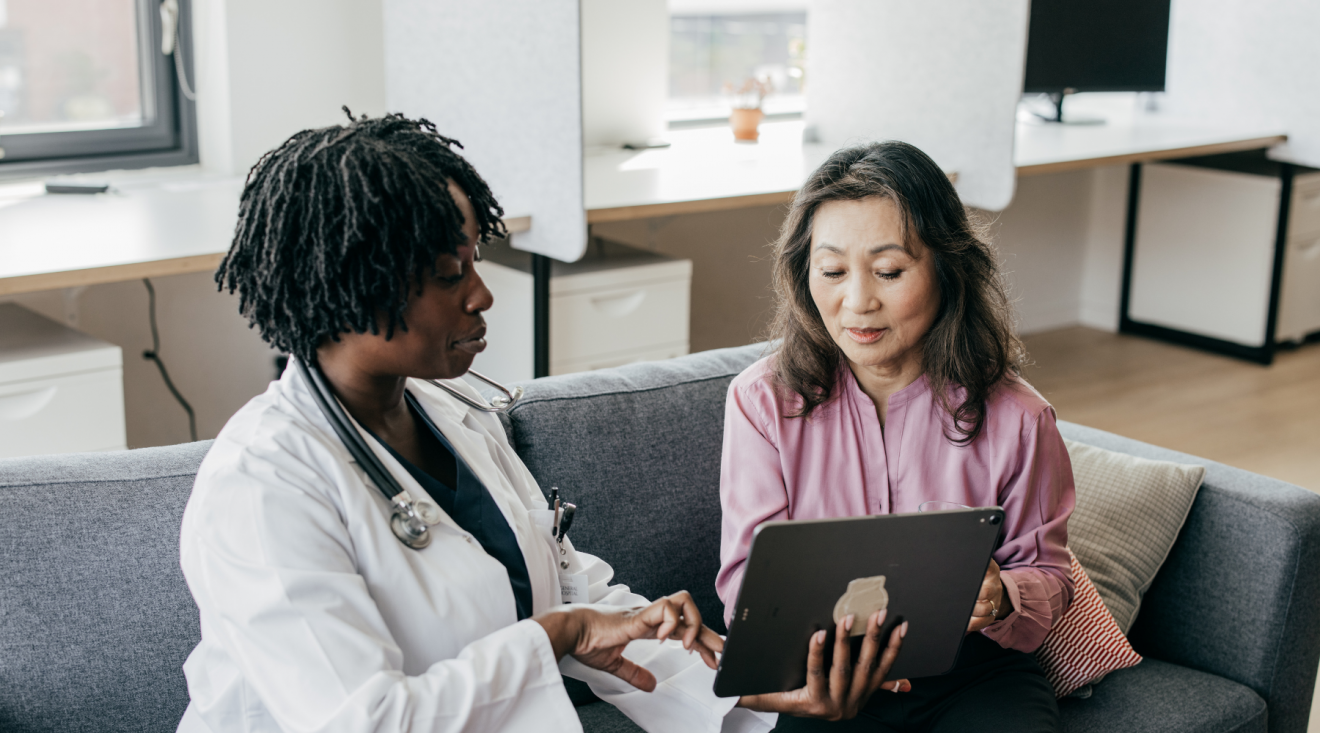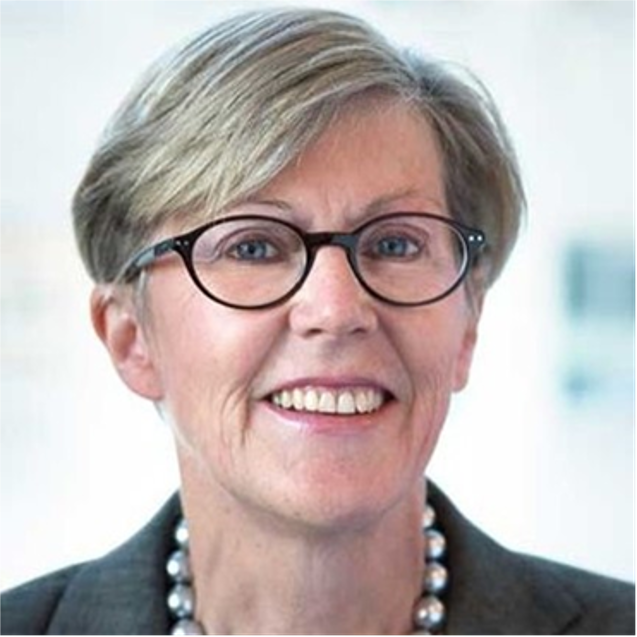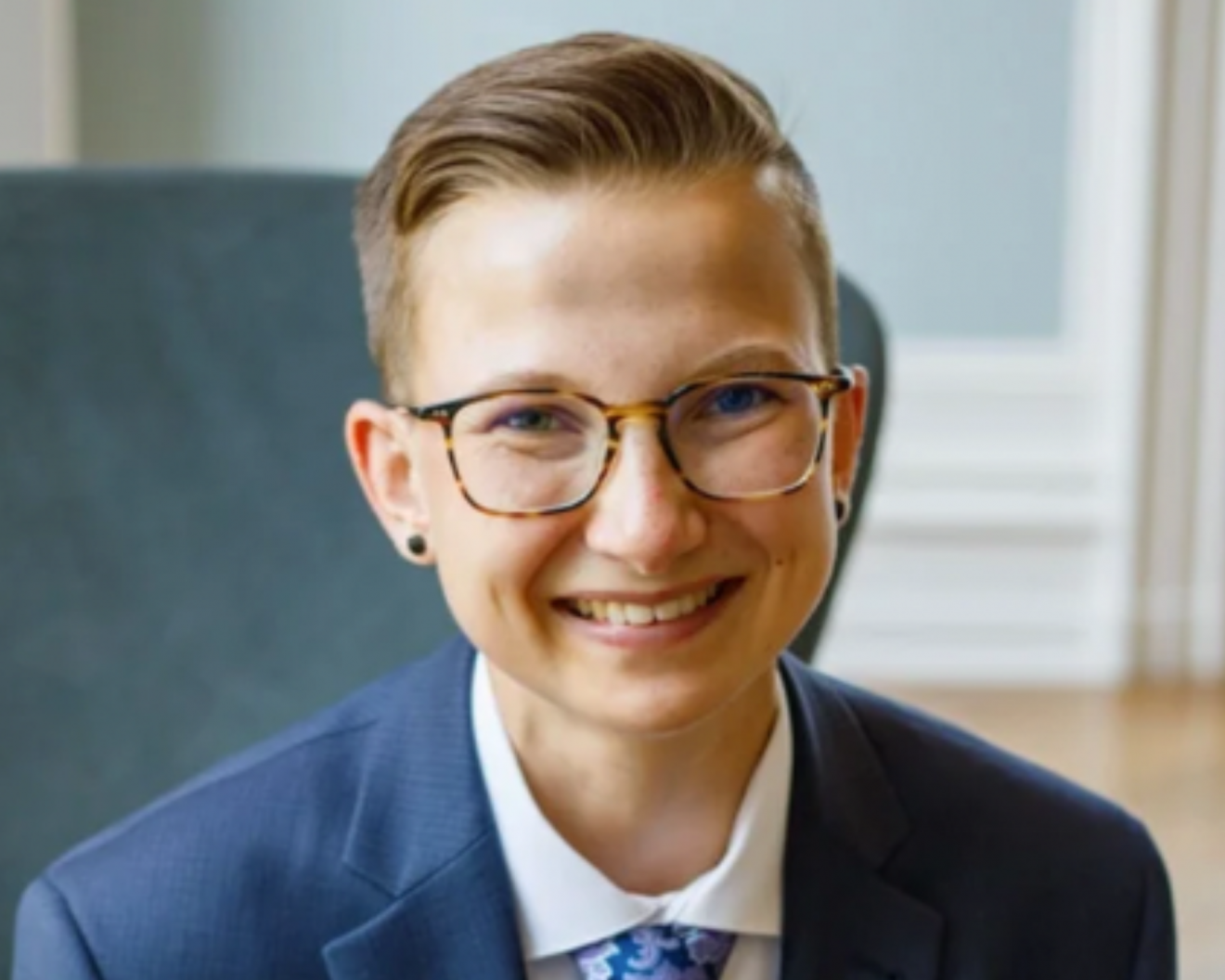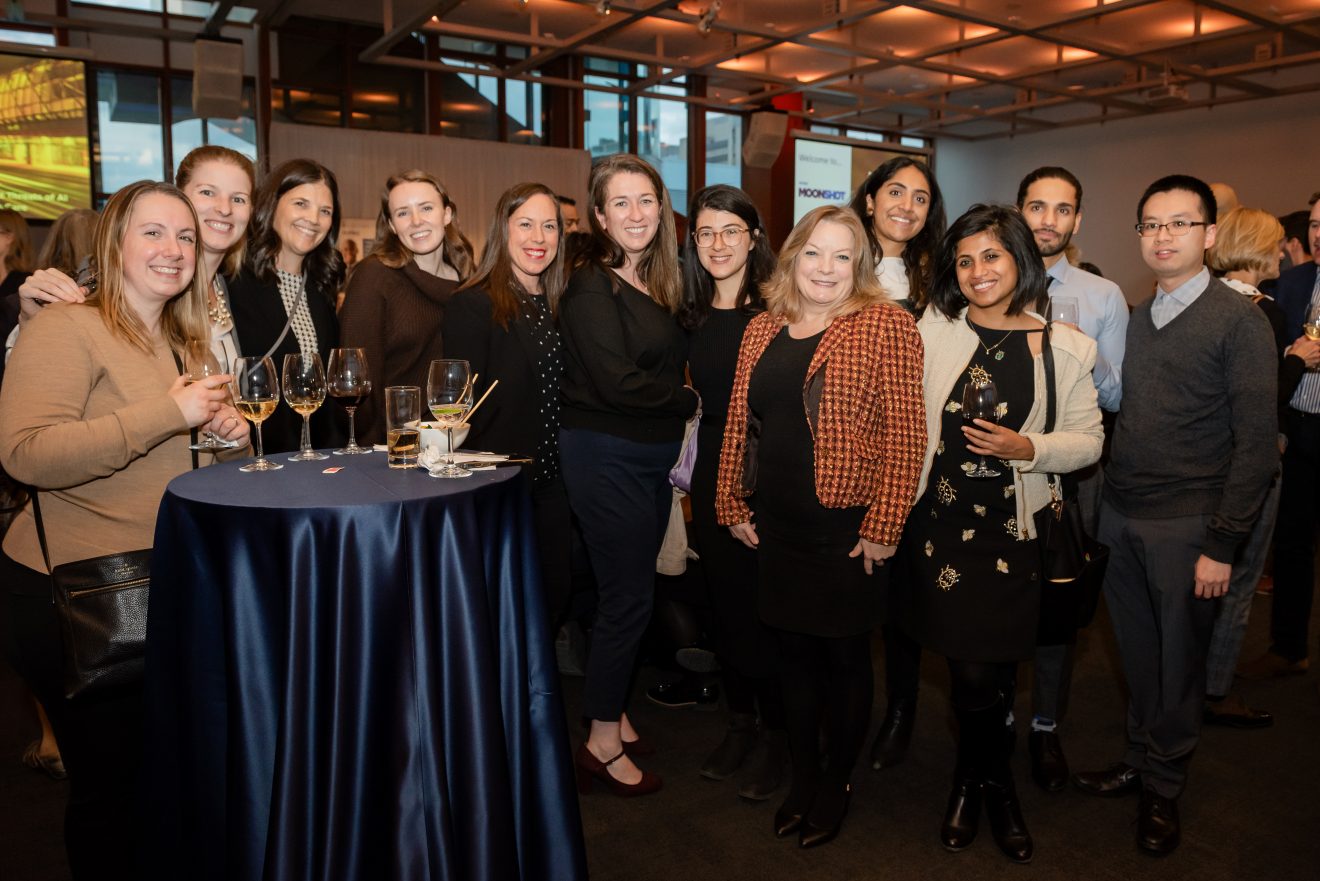Accepting the IHPME Graduate Student Union (GSU) presidency for the first time in 2017, PhD student Michael Lebenbaum knew one of the biggest challenges ahead would be integrating the range of interests and programs of study of the Institute’s over 300 students.
“Starting in this role as President, I knew I had to acknowledge our students varied approaches to research and the breadth of their health related interests. Some are interested in qualitative, others in quantitative research.
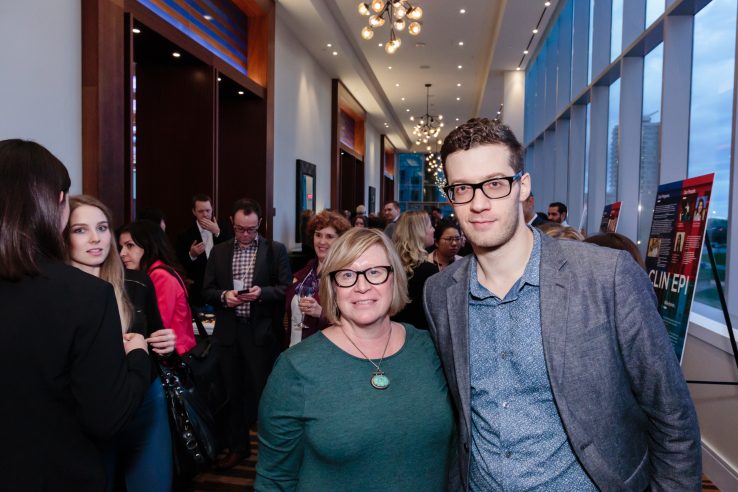
There are those who draw from the social sciences and others with primarily clinical interests, and there are professional students who are interested in the management of the health care system. In this way, IHPME is unlike many other departments at the University,” said Lebenbaum, who is a second year PhD student in Health Systems Research (HSR).
In the past, Lebenbaum notes, the IHPME GSU had been largely focused on students from the Health Systems Research concentration, with little representation from the other programs particularly the professional streams. That has since changed, as the GSU has increasingly worked over the past few years to extend their programming and initiatives to students across the Institute.
“This year we extended our peer mentorship program to students in the Masters of Health Informatics program which is a professional stream,” said Lebenbaum. “We are always looking to encourage student representation from each of the programs.”
The IHPME Student Rounds, a new series led by the GSU Vice-President Emmanuelle Arpin, is an example of a recently launched initiative geared towards the integration of the student community. Bringing in student speakers representing each area of concentration, from clinical epidemiology and health policy to health economics and health systems research, the rounds have proven to be successful and encourage participation directly from the students themselves.
Lebenbaum highlights a recent student rounds event focused on proposal defenses and comprehensive examinations which was led by a panel of three students. “There was a great turnout for this event, and it provided a truly unique perspective for students on this particular subject area, as the panelists were all from different programs/concentrations, and were able to learn about what is required in each one,” he said.
The new IHPME GSU HSR Alumni Mentorship program, led by students Lydia Sequeira and Julia Ho, has also been a great success. Almost 20 alumni have been recruited so far to act as mentors, and the student response has been increasingly positive. “It is very satisfying to be surrounded by the leadership of my fellow GSU executives and to work with them this year to plan and launch initiatives that positively influence our fellow students,” said Lebenbaum.
The many opportunities to learn are one of the key reasons that Lebenbaum chose to not only pursue student politics but also a PhD at IHPME. A big draw for him was the Institute’s faculty, the caliber of its courses, as well as the many events and opportunities to network and learn from researchers, practitioners in the field, and students from other disciplines.
“It is very important for me to be involved in the student community and be an advocate for a better student experience,” said Lebenbaum.
For his doctoral thesis, Lebenbaum has chosen to draw on theories from economics and examine the causal relationship between mental health and how it affects a person’s social capital. “Working with other people in these types of social settings such as student politics, helps inform my thinking about my own research and allows me to better understand some of the abstract theories I have studied,” he said.
So what is next for the IHPME GSU?
Lebenbaum acknowledges there is still a lot of work to be done to engage as many of our students as possible, and work on collaborative relationship building with the Public Health students within our wider faculty.
“I think we have made a lot of progress this year, and I am so grateful to have made an impact on the student experience. It is very exciting to be able to set forth a vision and build on that with your fellow students,” said Lebenbaum.
For more information about the IHPME GSU visit http://
Related News

Sign up for IHPME Connect.
Keep up to date with IHPME’s News & Research, Events & Program, Recognition, e-newsletter.
Get in Contact
Communications
TBD
Email Address: ihpme.communications@utoronto.ca
